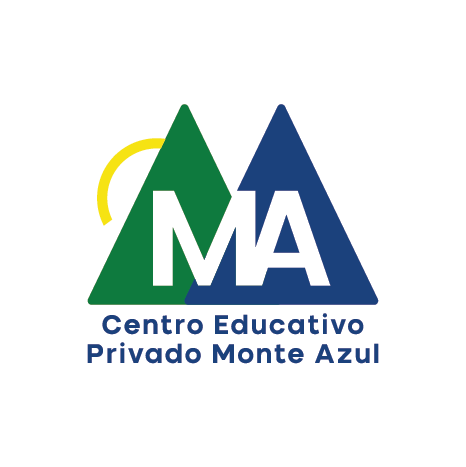Learner Agency
A central challenge for English language educators is to create and implement effective practices to support students in becoming lifelong learners who believe that they can learn another language and are able to assume responsibility for their learning.
Regarding this matter, let us consider the importance of learning agency.
Learner agency refers to the feeling of ownership and sense of control that learners have over their own learning experience. Learners who are agentive have a growth mindset. They believe that they are in control of their learning, and that they have the ability to learn and improve, by themselves and with the help of others. Moreover, agentive learners take initiative, seizing and even creating opportunities to learn. Yes, they do! They take risks, confident that they can learn from their mistakes. They are also resilient; they have the ability to adapt and persevere in order to overcome setbacks.
Most of us may be familiar with the term ‘learner autonomy’. But, how is this different from learning agency?
Being agentive, as it was mentioned before, is the fundamental conviction that one’s behaviour can make a difference. Another answer comes from Namgung et al., who point out
that while autonomy ‘focuses primarily on an individual’s independent and free decision for action … agency entails multidimensional attributes that include intrapersonal and environmental factors’. Thus, agency is a more holistic concept. Agents are seen as embodied, thinking, feeling, social beings who have unique histories and identities as well as interests and goals that they pursue at particular times and places. Importantly, the prefix self- is key to distinguishing agency from these other concepts. Agency shifts the perspective from simply seeing a learner as an individual ‘self’, to viewing the same learner as socially connected. In other words, agency does not reside in the individual self as a fixed quality, but is invited and nurtured in relations with others.
We may then expect to see that agentive students are invited to set meaningful personal goals in partnership with their teachers.
They are as well encouraged to believe they can learn and improve. Hence, those students who set their own learning goals have more confidence in taking on challenging tasks and sustaining their learning.
Example: Teachers ask students to write down (in English or their L1) answers to questions such as:
- What are you good at in English?
- How can you build on this strength?
- What do you want to improve?
- What would prevent you from improving, and what can you do about it?
Students may not know what their goals should be at the beginning of the school year or how to state them in English, but they can discover their goals and revise them as the course progresses.
Putting it all together, learner agency refers to the feeling
of ownership and sense of control
that learners have when they believe themselves to be active authors of their learning experience rather than passive recipients. Agency is not fixed; it is constituted in relationships with others. This realization of their own needs and learning purposes should definitely be a part of 21st century educational views, and a main goal to develop this kind of learner.
Rebeca Furlan
Idioma Extranjero (Inglés)





